Inclusive conservation leadership
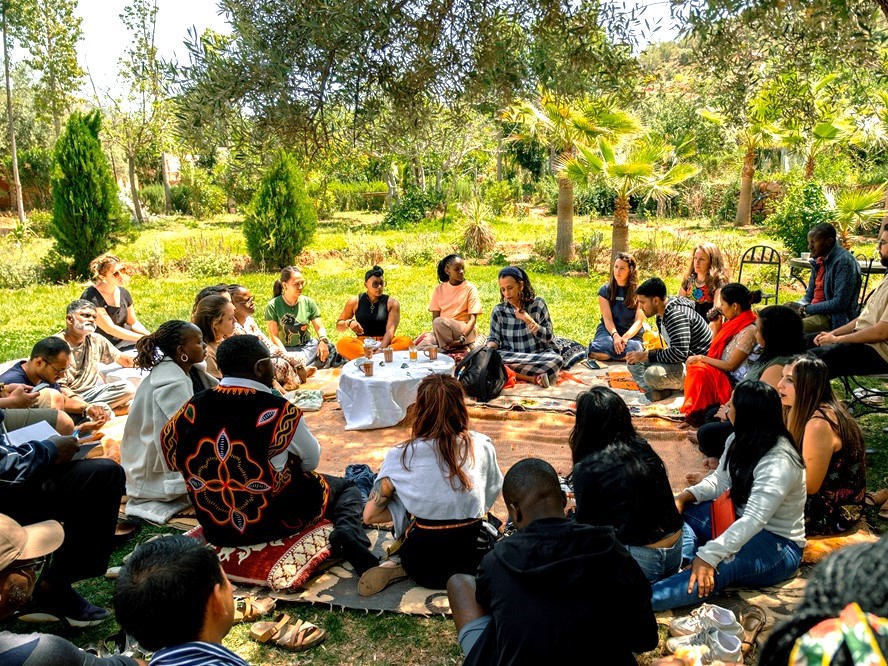
Your Work - Your Story Session during Community Exchange in Morocco. Credit - Salaheddine El Bouaaichi.
Building inclusive futures in conservation
The Conservation and Communities Fellowship (CCF), launched by the Global Diversity Foundation (GDF), has been a transformative journey in fostering inclusive conservation leadership. Designed to empower early-career conservationists from Indigenous and grassroots organisations, the fellowship emphasises equity, social inclusion, and the co-creation of solutions to conservation challenges. Over the past year, fellows have developed valuable skills, connected with global networks, and initiated impactful grassroots projects rooted in their local contexts.
Grounded in context, empowered by inclusion
Central to the fellowship’s success is its focus on understanding and addressing the specific contexts of Indigenous and local communities. From the outset, the CCF avoided a one-size-fits-all approach, instead tailoring activities to reflect the unique sociocultural and environmental realities of its participants. Fellows were encouraged to draw on their lived experiences as the foundation for developing innovative, locally-led conservation strategies. This deliberate emphasis ensured that projects are grounded in reality rather than shaped by external assumptions or norms.
To address unequal power dynamics, fellows received training to represent their communities’ concerns in inclusive and accessible ways, ensuring their messages resonate with diverse audiences.
Gender balance and diversity were key to the selection process for the 2024 cohort. We achieved a 50:50 gender split among 32 fellows, with 31 graduating after 1 withdrawal. Beyond gender, fellows were selected from 19 countries across Latin America, Africa, Asia, and the Pacific, representing diverse religions, ethnicities, and perspectives - strengthening the fellowship’s commitment to inclusion and equity.
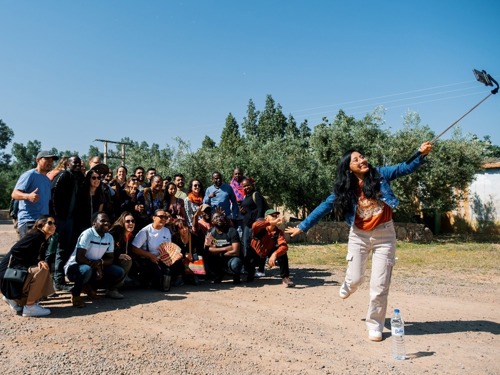
Representation mattered in every aspect of the fellowship, from participant selection to visual communications. We ensured that diverse voices are highlighted, countering the narrative that conservation is dominated by a single perspective. By using accessible and culturally sensitive language, we made sure our messages resonated with diverse audiences, further amplifying the reach and impact of the fellowship, and creating space for those traditionally excluded from conservation dialogues.
A future rooted in justice
These principles of inclusion and equity will continue to shape GDF’s programmes, including the upcoming Conservation Futures Dialogues (CFD). These dialogues aim to gather conservation thinkers, leaders and practitioners who hail from different spaces, places, and positions within the field, with the intention of reimagining ways to steward and care for the land, rooted in justice, equity, and inclusion, today and in the future. By ensuring all actors - particularly Indigenous and local communities - are part of the conversation, the dialogues are poised to challenge inequities, bridge cultural divides and reimagine conservation frameworks, advancing a future where conservation is more just and inclusive.
Both the dialogues and the fellowship are part of a broader programme we are growing that focuses on conservation justice. This initiative addresses systemic injustices in conservation by ensuring equitable access to resources, fair representation, and local leadership in decision-making. By linking conservation with social justice, the Conservation Justice Programme seeks to transform how conservation is practised on a global scale.
As GDF continues to grow our work and reach in this field, the principles of gender equality, social inclusion, and justice remain at the heart of our mission. With support from the Darwin Initiative, these values allow us to dream big and build programmes that not only protect biodiversity but also centre the communities that safeguard it.
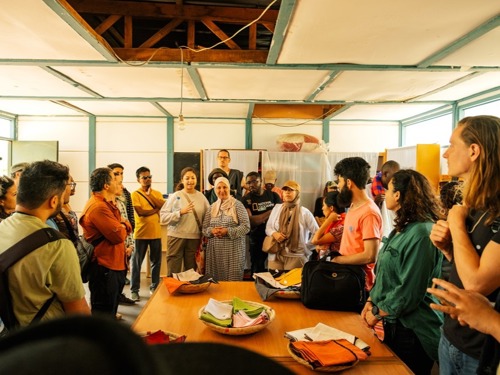
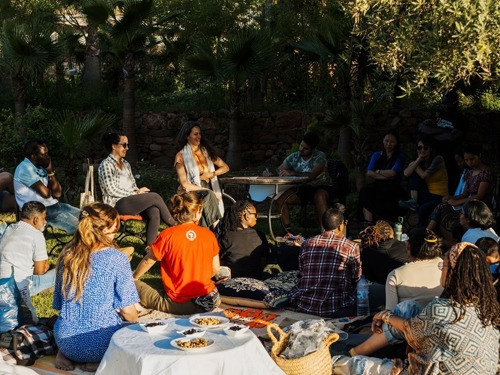
Written by Youssef Rochdane. For more information on this Darwin Initiative Capability & Capacity project DARCC026, led by Global Diversity Foundation, please click here.
 Back
Back